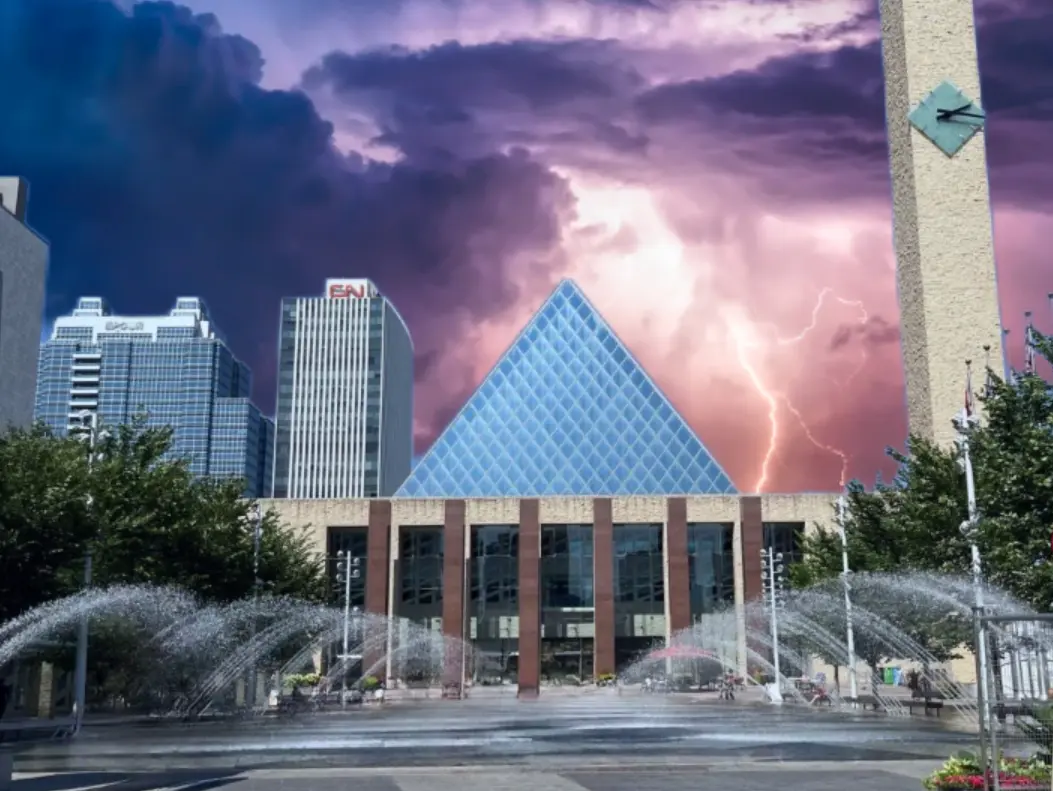In a city that once prided itself on stable, pre-planned budgets, Edmonton’s recent tax proposals have sparked discussions about fiscal responsibility and long-term planning. The Edmonton city administration has put forward an 8.1% property tax increase proposal, down from an initially proposed 13%, to fund services and manage the city’s growing expenses. However, with back-to-back tax hikes in recent years, many Edmontonians are expressing concern over the rising costs and the effectiveness of city management.
Since May 2024, Edmonton homeowners have seen a series of significant property tax increases. In 2024 alone, property taxes increased by 8.9%, with an additional 8.1% planned for 2025 and another 7.3% for 2026. City officials argue that these increases are essential for maintaining public services and infrastructure, especially as Edmonton’s population continues to grow and inflation raises operational costs.
To put the tax increases into perspective, a homeowner who initially paid $2,000 in property taxes in 2023 would see their tax bill rise as follows over three years:
- 2024: An 8.9% increase brings the tax to $2,178.
- 2025: An 8.1% increase on the new total brings it to $2,354.42.
- 2026: A further 7.3% increase results in a final amount of approximately $2,526.27.
Similarly, for a starting property tax of $3,000 in 2023, these increases would mean:
- 2024: The tax would rise to $3,267.
- 2025: With an 8.1% increase, the new tax would be $3,529.23.
- 2026: An additional 7.3% increase would bring the total to $3,787.41.
The calculations, while simplified, underscore the cumulative impact of consecutive tax increases on Edmonton homeowners, highlighting concerns that even modest annual hikes can compound over time, placing a significant financial burden on residents. The figures may vary or might be wrong and are best calculated through Property Tax Estimator for a more precise amount.
City Councillor Tim Cartmell voiced skepticism about the city’s approach, stating that raising taxes or cutting services seems to be the administration’s default response to budget issues. Cartmell argued that he has yet to see evidence that the city has thoroughly explored all cost-cutting measures and efficiency improvements before turning to higher taxes.
Critics argue that Edmonton’s approach reflects short-term thinking, with repeated tax increases funding immediate needs while potentially ignoring long-term fiscal sustainability. Some have called for greater collaboration with the Alberta government. Without a comprehensive long-term plan that includes collaboration with the provincial government, Edmonton’s budgetary challenges may continue to strain city resources. This could lead to further tax increases or deeper cuts to services in the coming years, creating a cycle of fiscal instability.
City council members will convene next month to debate the proposed budget adjustments, at which time the final decision on the tax increase for 2025 will be made. In the meantime, residents and community leaders alike await the outcome, hopeful for a compromise that addresses fiscal responsibility while mitigating the financial strain on Edmonton households.

